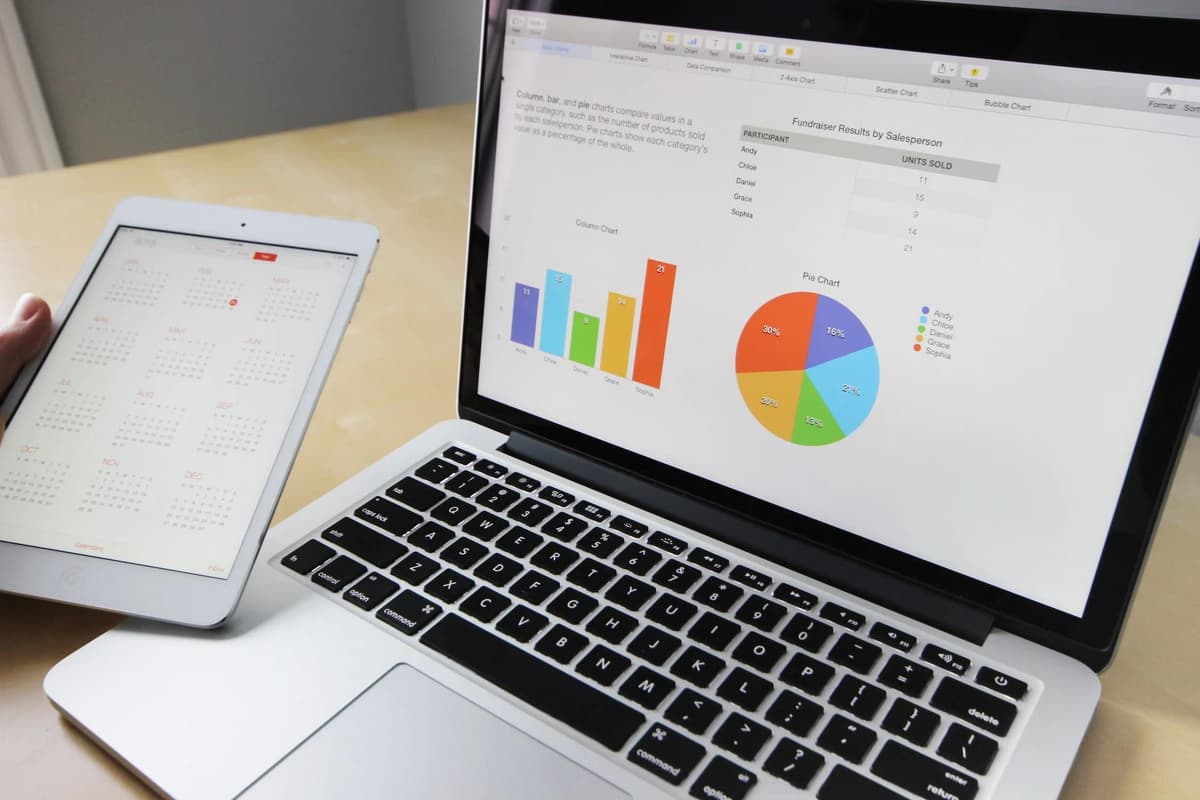Exploring Data Science and Analytics

By Li Wei
Introduction:
In the digital age, data has become a valuable asset, holding the key to unlocking insights and driving informed decision-making. In this blog post, we will delve into the captivating realms of data science and data analytics, exploring their significance, methodologies, and the tremendous impact they have on various industries.
Data Science: Unraveling Patterns and Unleashing Potential:
Data science is an interdisciplinary field that combines scientific methods, algorithms, and programming to extract meaningful insights from large volumes of data. It involves employing statistical techniques, machine learning algorithms, and data visualization to unravel patterns, uncover correlations, and predict future trends.
The Role of Data Analytics:
Data analytics plays a crucial role in the data science process. It involves the exploration, cleaning, and transformation of raw data into a structured format for analysis. By leveraging statistical models and algorithms, data analytics aims to derive valuable insights, answer specific questions, and provide actionable recommendations.
Driving Informed Decision-Making:
Data science and analytics have the power to transform businesses across industries. By harnessing the power of data, organizations gain valuable insights into customer behavior, market trends, and operational efficiency. Armed with this information, decision-makers can make informed choices, optimize processes, and drive business growth.
Applications in Various Industries:
The impact of data science and analytics extends across diverse domains. In healthcare, data-driven approaches improve patient outcomes, aid in early diagnosis, and enable personalized treatment plans. In finance, data analysis helps detect fraud, assess risks, and optimize investment strategies. In marketing, customer data analysis enables targeted campaigns and enhances customer engagement.
Ethical Considerations:
While data science and analytics offer tremendous potential, ethical considerations must be paramount. Data privacy, security, and bias are crucial factors that demand attention. Ensuring proper data governance, anonymization techniques, and ethical decision-making frameworks are imperative to protect individuals’ privacy and mitigate biases.
Emerging Trends and Future Possibilities:
As technology continues to evolve, so do data science and analytics. Advancements in artificial intelligence, machine learning, and big data technologies unlock new possibilities for extracting insights from complex datasets. The integration of data science into the Internet of Things (IoT), healthcare, and smart cities holds immense potential for innovation and societal benefits.
Conclusion:
Data science and data analytics have transformed the way we extract value from data, paving the way for data-driven decision-making and innovation. From improving healthcare outcomes to driving business growth, the power of data is undeniable. As we embrace the possibilities offered by data science, it is crucial to prioritize ethics, data privacy, and responsible use to harness its true potential and create a better, data-informed future.